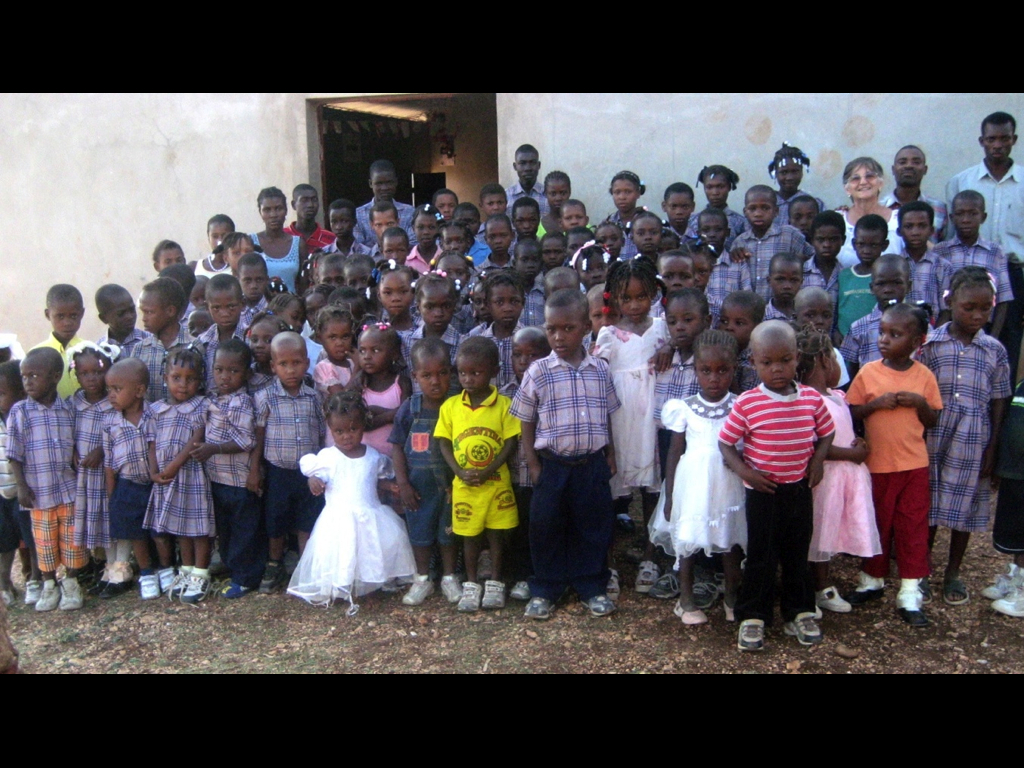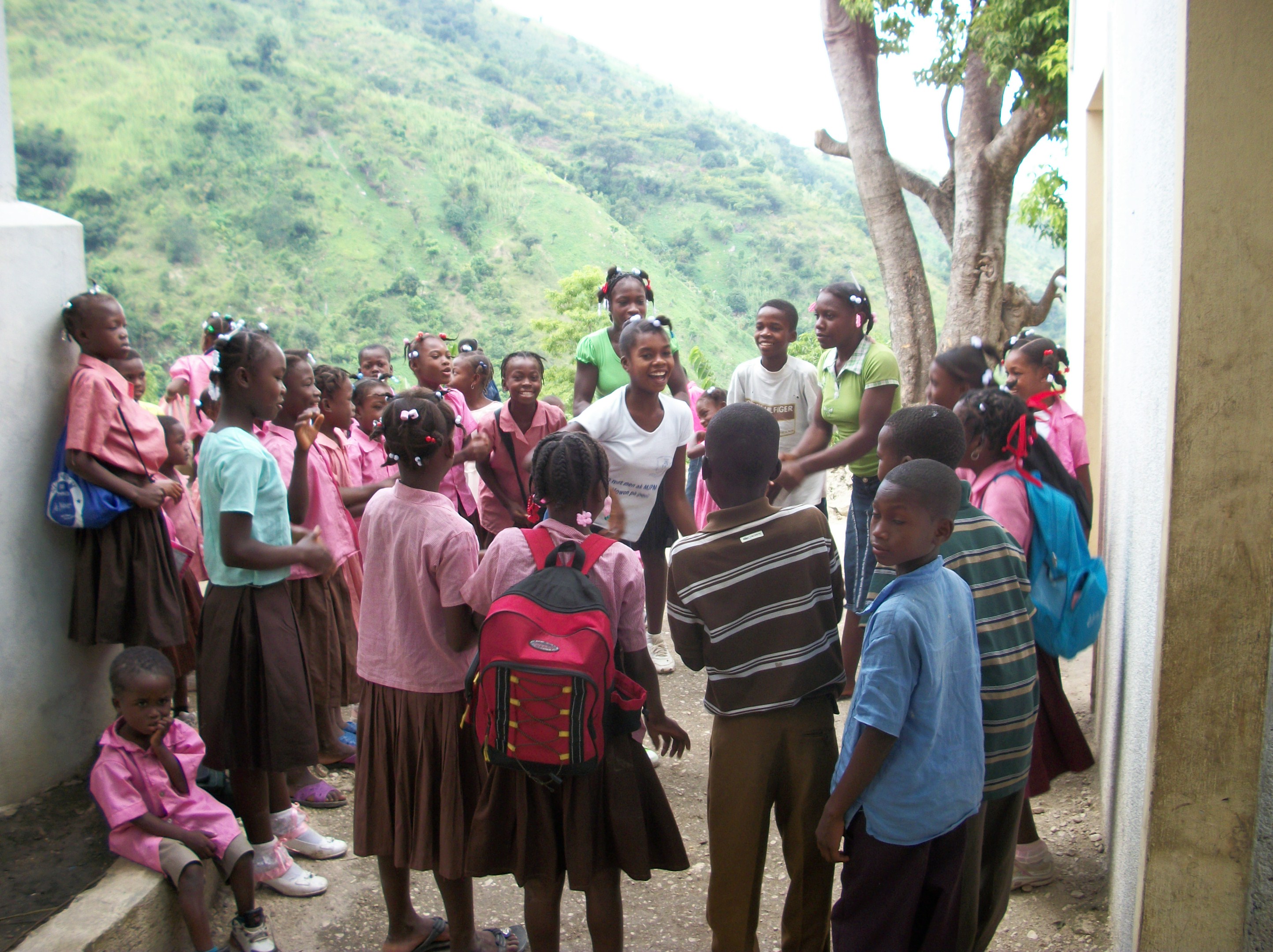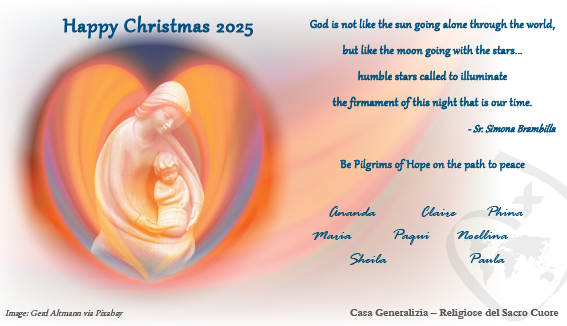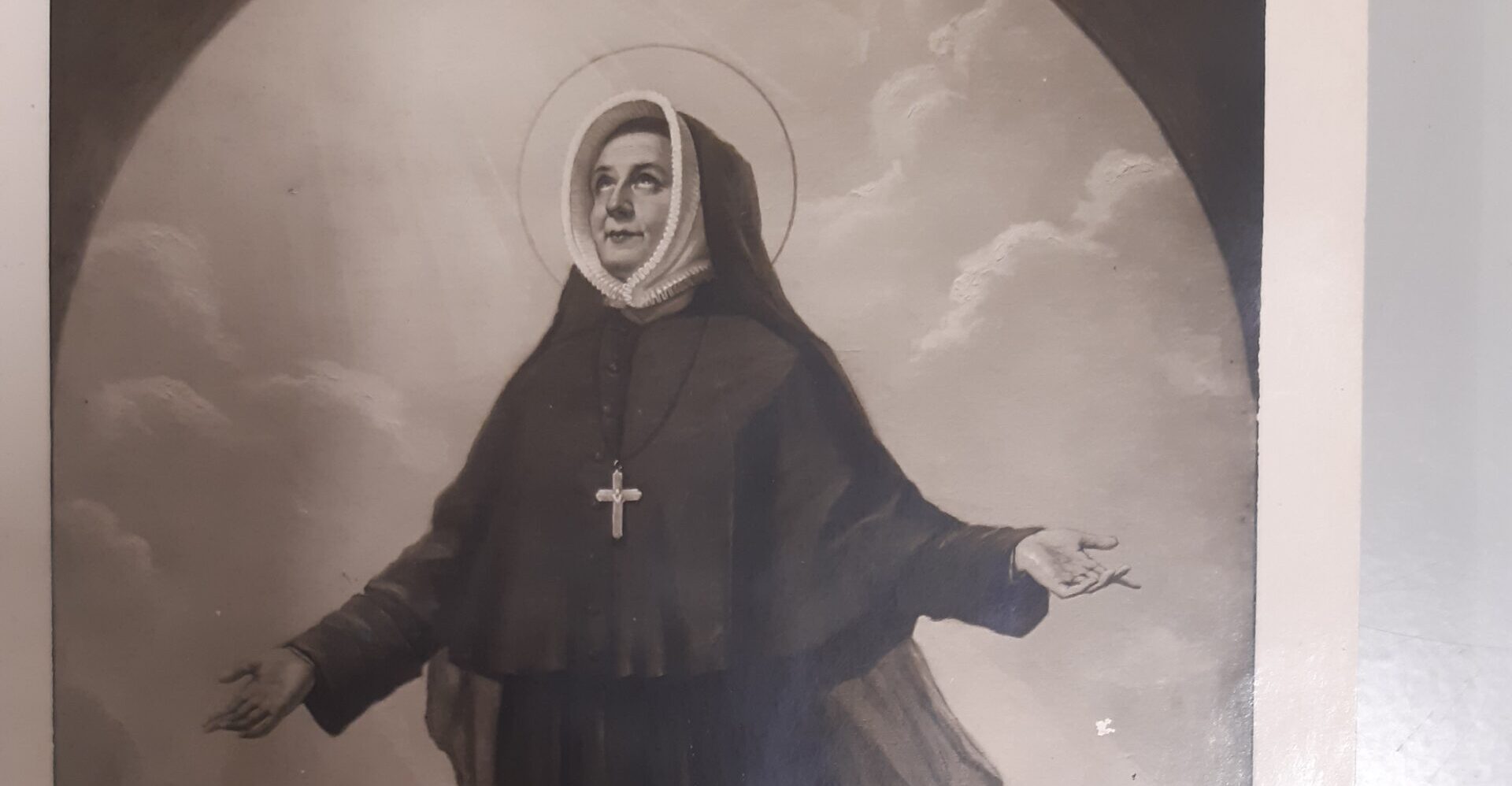Of all that I am involved in here in Haiti, what is most meaningful for me is the training of teachers and community leaders in the rural community, in pedagogy, biblical formation or educational values.
I have been doing this since 2006 with people in the Kazal area, a mountainous region of Haiti, served for more than 13 years by Fr. Aníbal Zilli, a Claretian priest. He asked me to help him in the formation of the 60 teachers in his parish, both in Kazal and 12 other little schools in the mountains around, looking after the education of 1,600 children without any other means of being educated.
It might be a bit of a stretch to call them teachers, because in those uphill and down dale places, only accessible either by walking or on mules, there are no teachers who will work for a breadline salary, which is all the poor farm workers can offer. Many of those who work as teachers have not finished secondary school but there is nobody in the vicinity better prepared (than they are). They work in the fields in the afternoons.
They need a great deal of formation which I offer them twice a year. At the beginning of November we had the first one of the 2013-2014 school year.We had already identified more than 200 species of plants known and used in the area and all of the tutors had learned to set up a herb garden. In the November workshop we were to make up information leaflets with the following details for each plant/vegetable we had found: name, where it grows, how to look after them, current use in cooking, traditional medicine and local craftwork.
This suggestion had come from the group as a way of committing ourselves to appreciation for and CARE OF CREATION, and at the same time acknowledging the need to study Natural Sciences in the context where they live, outside the classroom and in an integrated manner with other subjects. We plan to publish and distribute this research material.
When all the teachers gathered on November 1st I noticed a lot of tension in the group, and soon learned what it was about: two young men from the area who had been enemies for three years as a result of the football games held during the local fiestas had got their respective supporters involved in the argument. The two young lads, who had gone to Puerto Principe some years earlier but hadn’t been able to find work, had got into very bad company, in armed groups, something that is very common in Haiti. The threats and fights between these two had led to one of them being hospitalised with serious machete wounds, and some of his family had tortured and killed the culprit, stoning and hacking him to death in full view of everyone in the village. From then on, the schools were closed, nobody came out of their homes, fear stalked the roads.
I understood it would be impossible to hold a seminar/workshop on plants, recipes, remedies.
Thanks to the methodology of community education, which is second nature to me, I found a way forward: See, Judge. Act, Evaluate, Celebrate.
I spoke to the teachers about my proposed change of plan, and off we went! We spent the first morning LOOKING at what had happened. In the group of teachers there was a brother of one of the young lads who had started the dispute years back, so we had first hand information. When the time came to set the analysed facts in a wider framework they met in local groups to see if similar things had happened in their own areas. When they came back to share together it was like a crime novel: violence, violence, more violence.
We gave the afternoon to JUDGING: What do we think of these facts, and the culture of violence we live in? What do the people of our areas think, the different groups we are part of, the different parishes/churches? What would Jesus think, what would he say to us about all this? We spent a great deal of the evening gently and prayerfully reading John 8 to learn about the attitudes of Jesus towards violent conflict put before him when the people were ready to kill the woman taken in adultery
The following day, before beginning with ACTING, we asked ourselves why the people in all the situations we had studied had chosen violence and death. Light was dawning, and we began to understand how damaging some traditional customs were in Haitian education. We reflected on how children who are taught by restraint and beating at home and in school, when they grow up, want to give back what they got, and they reproduce the same cycle of violence they themselves suffered. It was a very hard but rich day, full of questions and searching for alternative ways.
We all decided that what should come from ACTING would be a change in our way of educating in order to build a society where Justice and Peace would be the fundamental values. Each school looked at how they worked in practice and saw which attitudes of the teachers, which aspects and ways of organising classes would have to change. Each school also worked out its education plan of Justice and Peace, with specific actions, target dates, persons responsible to carry them out, and not forgetting to take the community into account. The last day we dedicated to sharing together all the projects and to CELEBRATING, including a Eucharist, all that had been achieved in the gathering.
We met again in Holy Week for another formation workshop, to EVALUATE and rencourage all the projects, and we celebrated!
We know the work we are doing is slow, very humble, with successes and failures, and that, as in every human endeavour, it needs time, care, hope, wisdom and working together. We know it is not easy to change ancient mentalities and old ways that have seemed to work before.
But we also know, if we gather and encourage one another, believing in life, we can bring a little bit of the New Heaven and the New Earth into this little piece of the Kingdom, Haiti.
Matilde Moreno rscj
Province |Antilles
JPIC |A Focus for Transforming Relationships: Care for the Earth, Our Common Home




